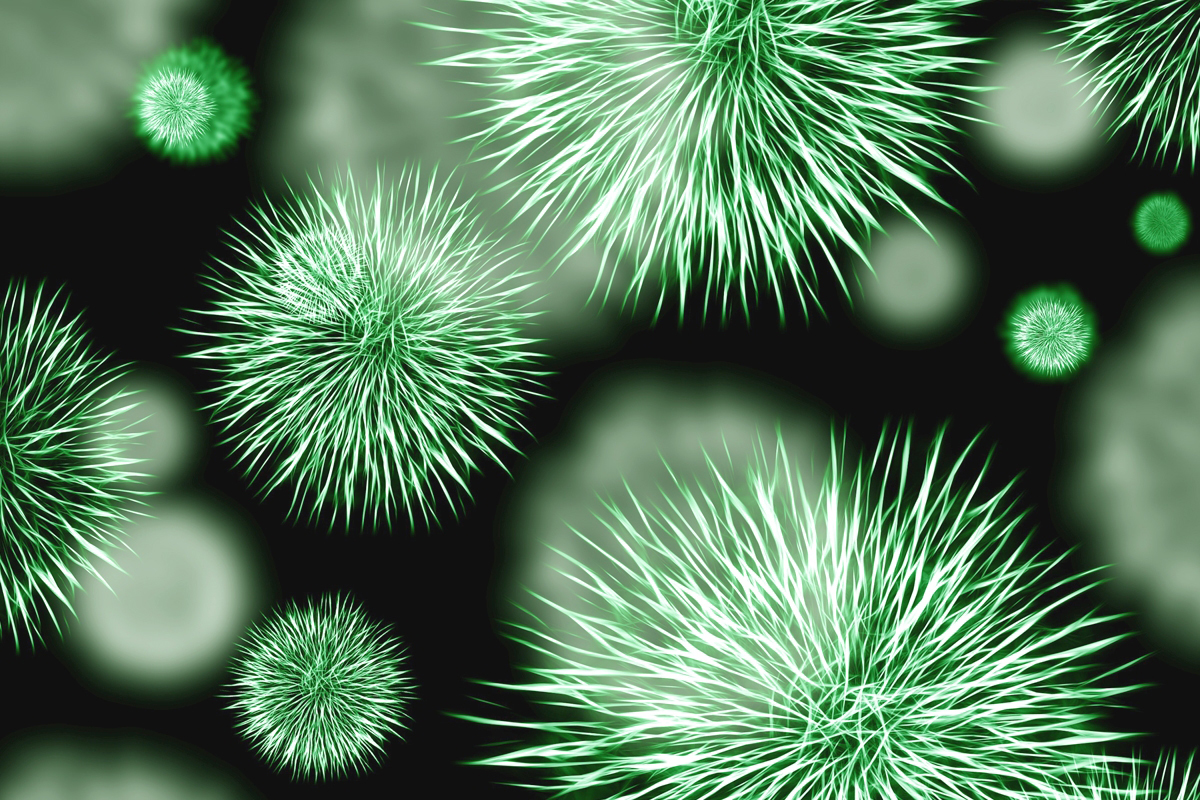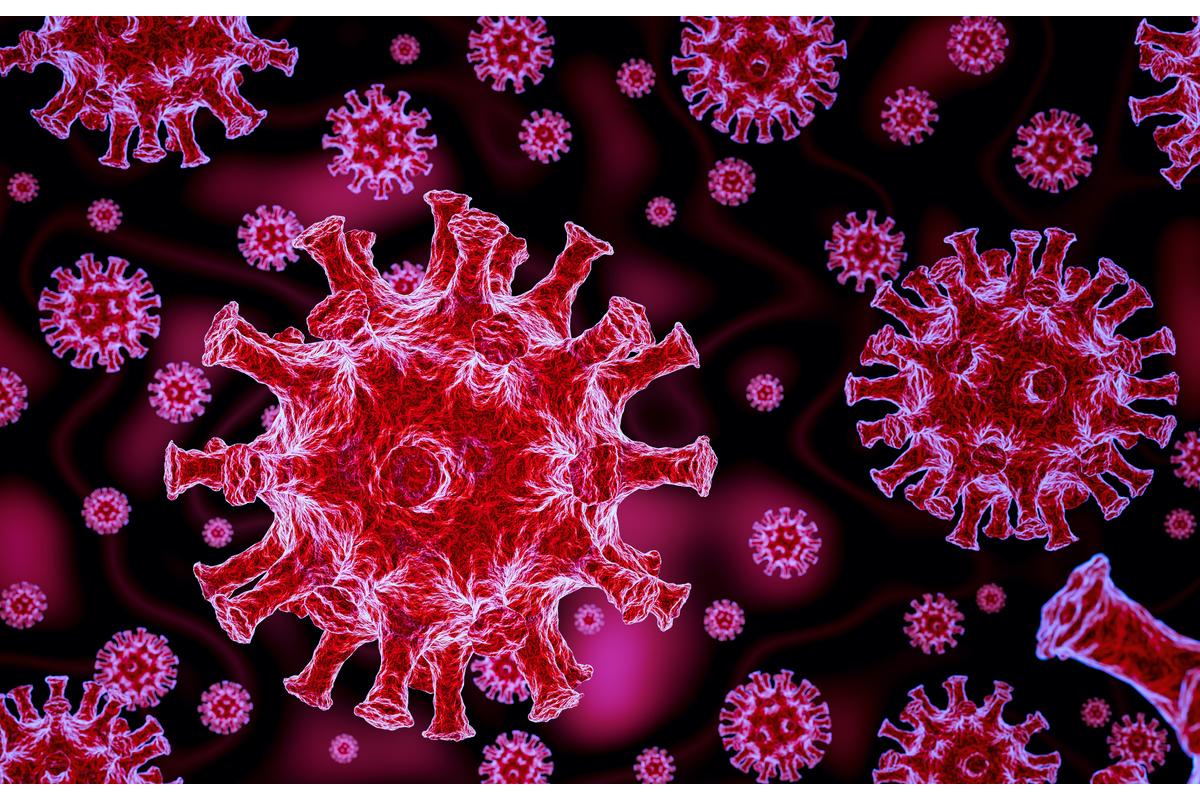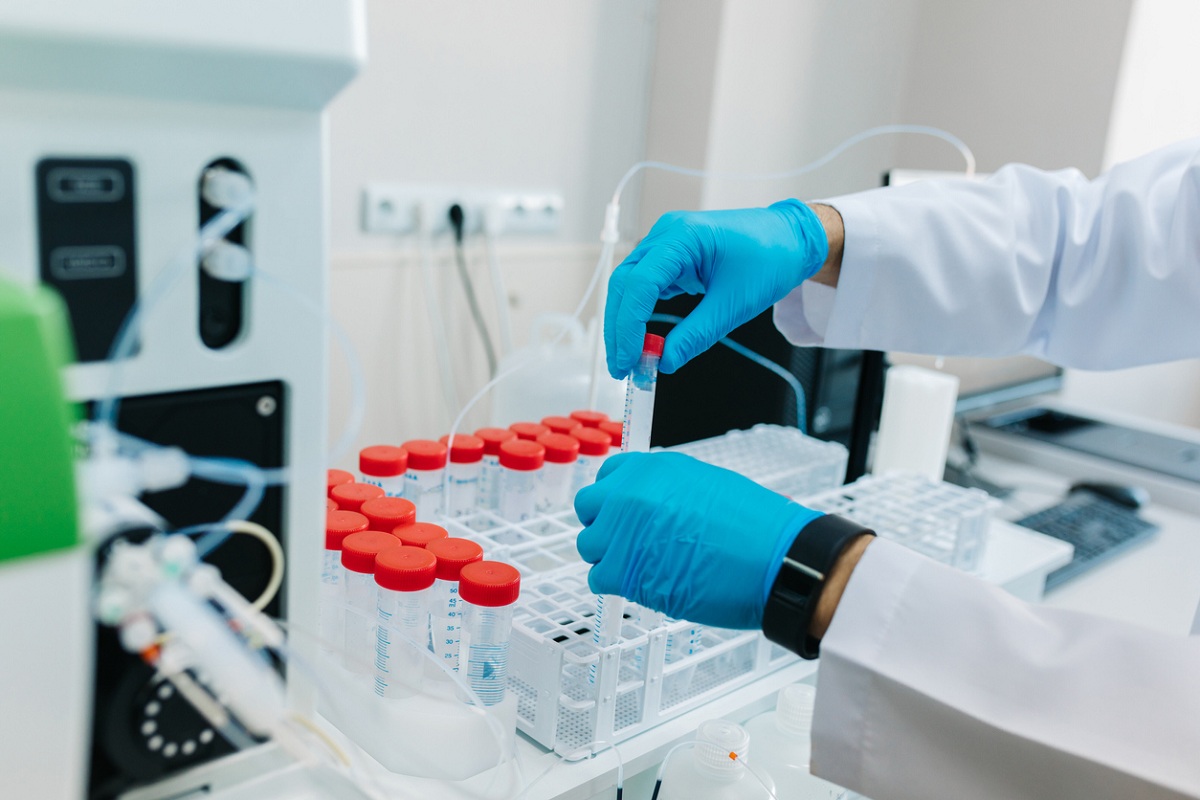Alcohol-based mouthwash may not be good for your oral health: Study
The oral microbiome plays a role in digestion and keeps the mouth healthy.

The oral microbiome plays a role in digestion and keeps the mouth healthy.

In a first, a team of scientists in Germany have discovered a novel antibiotic substance from the human nose that can be used against pathogenic bacteria.

Scientists have developed a new molecular test that can rapidly detect bacteria and viruses, including SARS-CoV-2, the virus behind Covid-19.

In a terrifying case, a US woman lost all her four limbs after suffering a bacterial infection from eating contaminated…

In the soil where they grow, plants create alliance with bacteria. Legumes, for instance, benefit from a symbiotic relationship with…
Bacteriophages are viruses that infect bacteria. They have been objects of scientific study since the 1930s, and much of our…
This new substance offers hope of fighting the bacteria.
Probiotics are live bacteria and yeasts that are good for health, especially the digestive system
Esophageal cancer is the eighth most common cancer and the sixth leading cause of cancer death worldwide.
Researchers have found that microbes in a baby's digestive tract may also be involved.